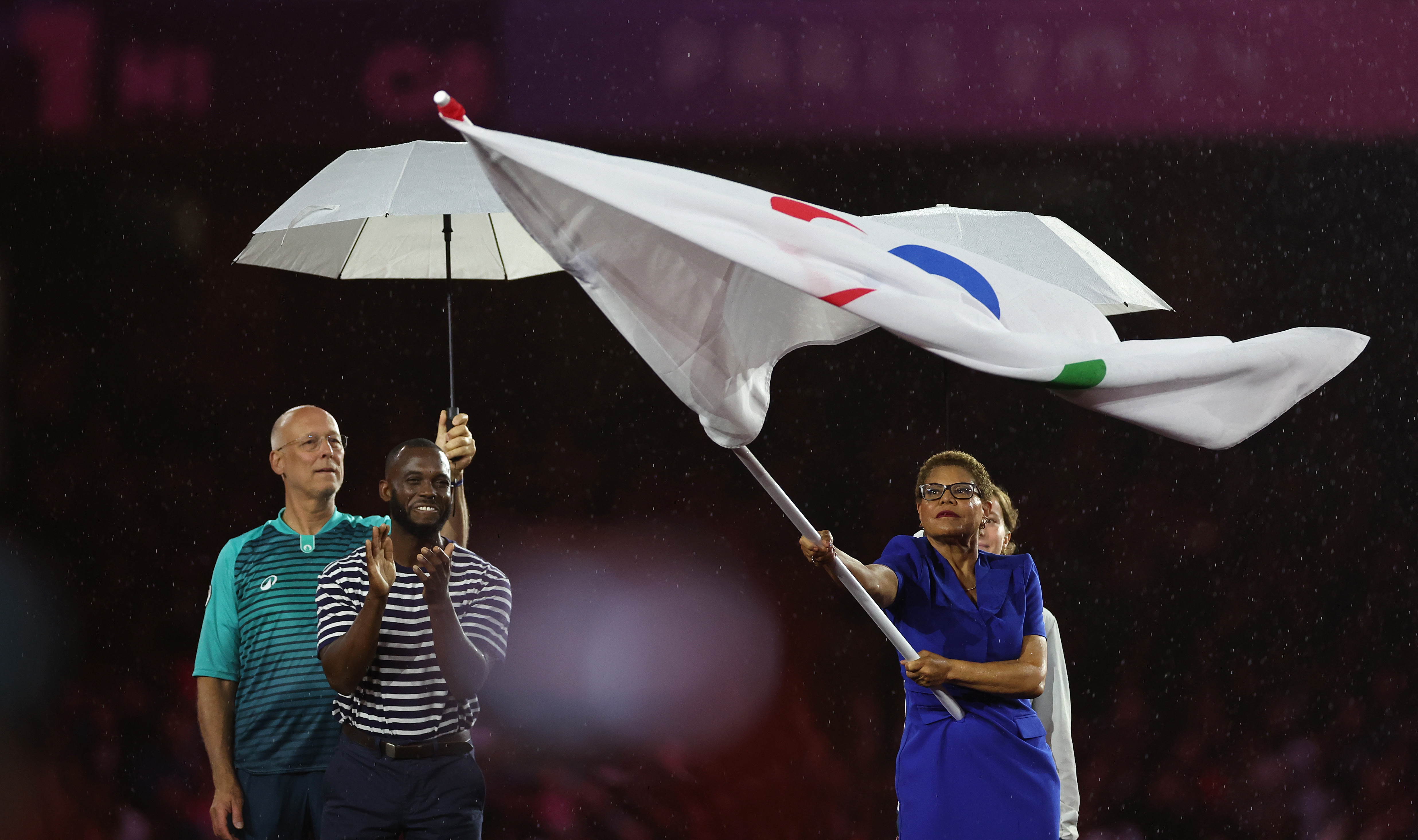Originally appeared on E! Online
An unusual remedy for swimming in the Seine River is making quite a splash.
After athletes at the 2024 Olympics dove into the murky waters of the river—which raised concerns about its previously unsafe levels of E. coli—some drink Coca-Cola at the finish line to avoid infection from bacteria in the water.
“There’s no harm in drinking a Coke after a race,” New Zealand triathlete Ainsley Thorp told The Wall Street Journal in an interview published Aug. 7. “If you Google it, it says it can help.”
Get top local stories in Connecticut delivered to you every morning. Sign up for NBC Connecticut's News Headlines newsletter.
And other Olympians who also use the remedy aren’t bothered about its legitimacy.
“We will often have a Coca-Cola afterward just to try to flush out anything inside of us,” Australian swimmer Moesha Johnson told the outlet. “I just do what I’m told by the professionals around me.”
Although there are several theories that soda can be useful for the gut, the president of the American Gastroenterological Association, Dr. Maria Abreu, isn’t so sure. In fact, she told the outlet that since a healthy stomach is more acidic than Coke, the beverage wouldn’t be able to kill off any additional bacteria.
Paris 2024 Summer Olympics and Paralympics
Watch all the action from the Paris Olympic and Paralympic Games live on Peacock
“These are young, athletic people,” she explained. “They’re going to be healthy people whose stomach acid is going to be nice and robust.”
However, it can be used to help marathon swimmers at the finish line avoid collapsing. As American Katie Grimes put it, “My coach advised me to [drink Coca-Cola] to restore those glycogen levels immediately.”
But the Seine's water quality has been a hot-button topic at the Games, especially since the city of Paris spent $1.5 billion to clean up the river, where swimming had been banned since 1923.
While World Aquatics has ensured that the quality is within acceptable guidelines for illness-causing bacteria, swimmers are taking extra precautions to avoid any unforeseen problems. In fact, during training at the Seine Aug. 7, three American competitors used paddle boards to get a feel for the current without actually jumping into the water.
“We just wanted to mitigate the risk as much as possible of the water getting inside your body,” Team USA swimmer Ivan Puskovitch told the Associated Press Aug. 7. “Even if the water is swimmable, and the levels are safe, there is still some degree of risk. And I think that it goes without saying that the risk is a little bit more significant here than most open water venues.”
Others who dove into the waterway, admitted they aren’t so sure about competing in there.
“I think if anyone’s saying they’re not concerned at all, they’re probably lying,” Austria’s Felix Aubeck shared. “I am concerned. I just hope and trust the organization in the sense that they will let us in only when it’s safe enough to do so. But, of course, you’re concerned because no one wants to get ill.”
Due to unsafe levels of fecal matter in the Seine following heavy rain July 30, triathlons were postponed one day. And Belgian triathlete Jolien Vermeylen slammed the International Olympic Committee for proceeding with river competitions.
"While swimming under the bridge, I felt and saw things that we shouldn’t think about too much," she told reporters after the women’s triathlon July 31. "The Seine has been dirty for a hundred years, so they can’t say that the safety of the athletes is a priority. That’s bulls--t!"
E! News has reached out to Coca-Cola and has not heard back.




